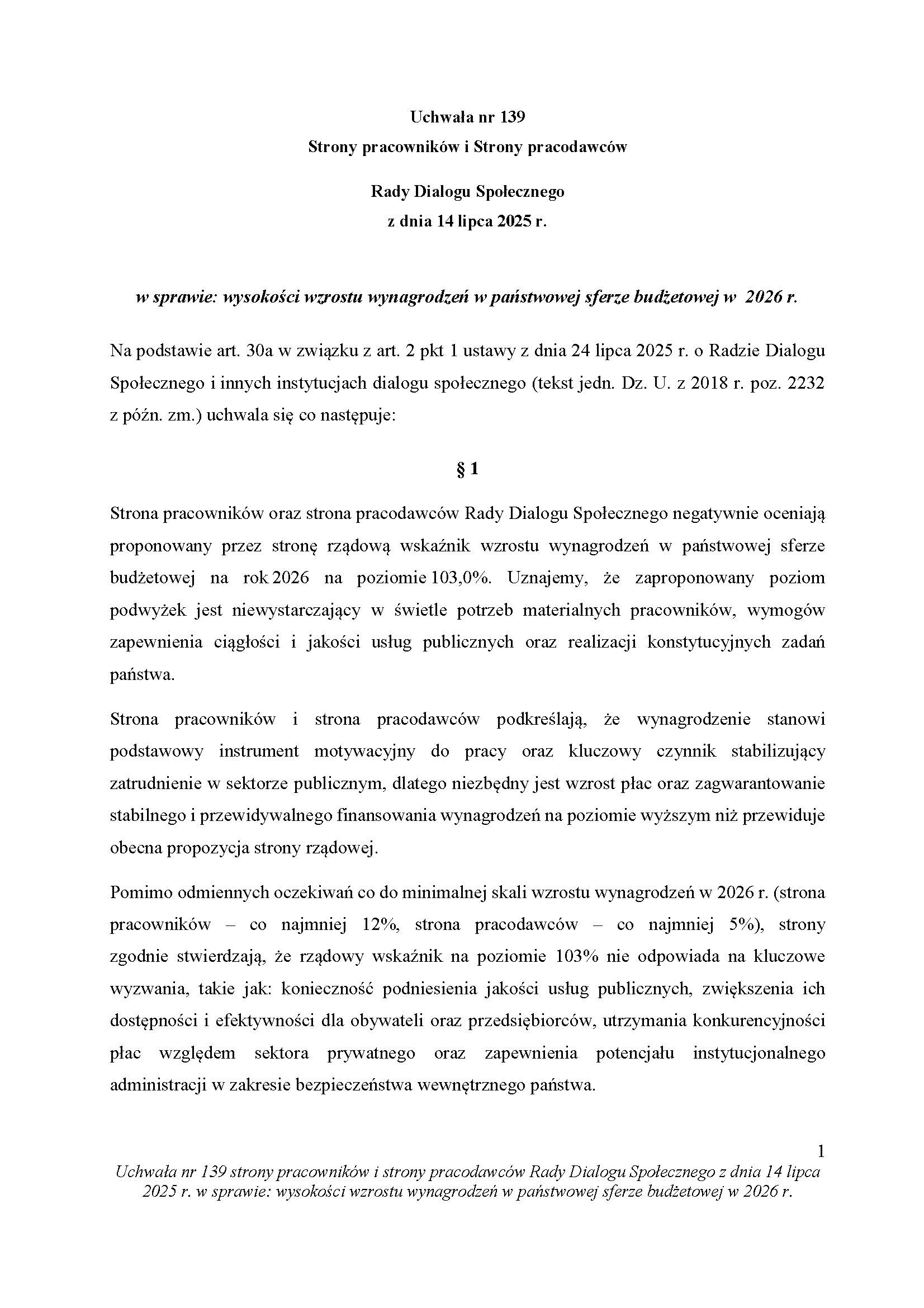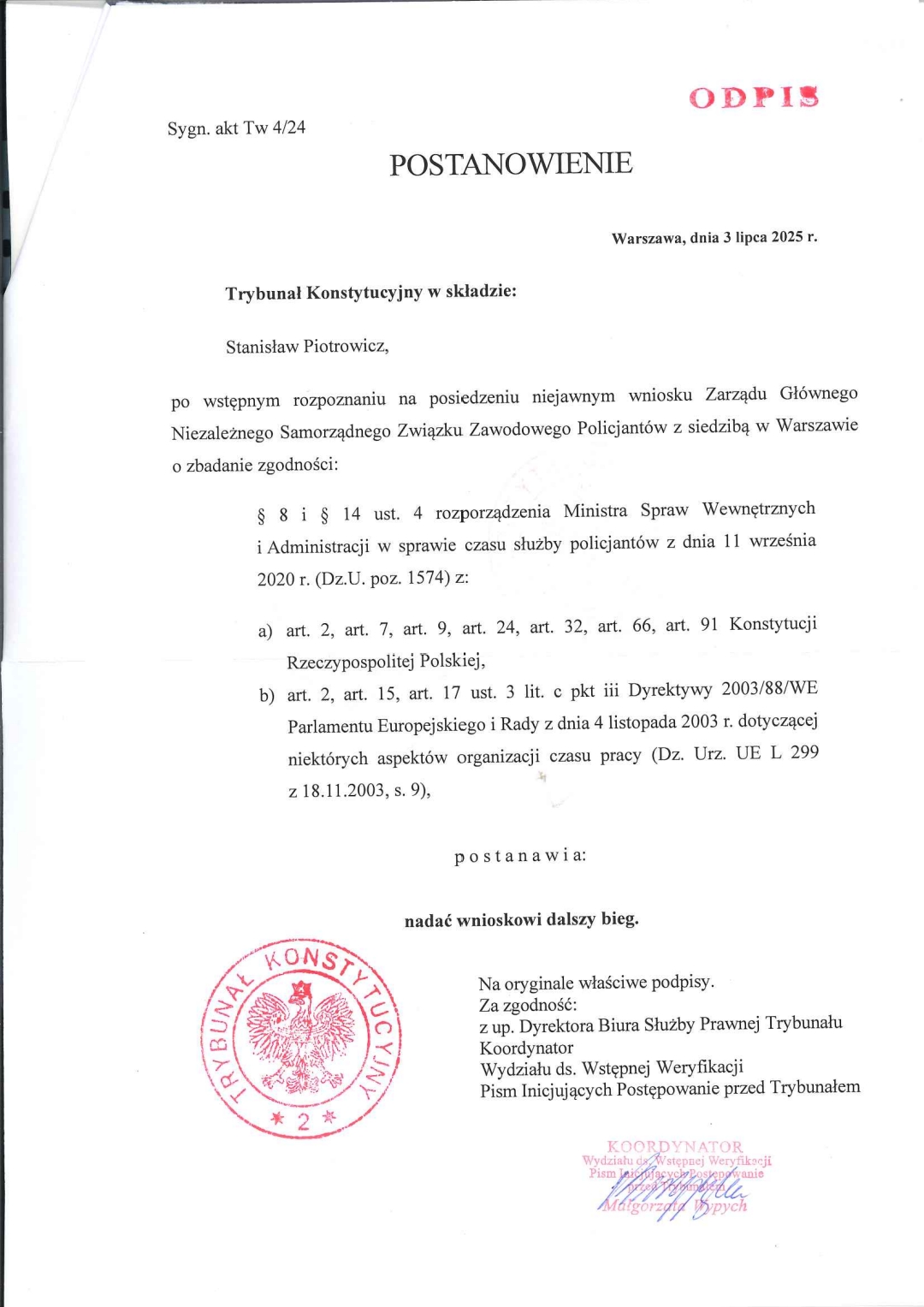
ATLANTA— Delta Air Lines (DL) has decisively shifted its widebody fleet strategy away from the Boeing 787 Dreamliner and toward the Airbus A350 family. The airline, based at Hartsfield–Jackson Atlanta International Airport (ATL), has favored Airbus for its long-haul needs, reinforcing this move with a recent order for the A350-1000.
Delta inherited an order for Boeing 787-8s after merging with Northwest Airlines in 2008, but ultimately canceled the deal. Instead, the airline has committed to an all-Airbus widebody future, while maintaining an aging Boeing 767 fleet as a stopgap.
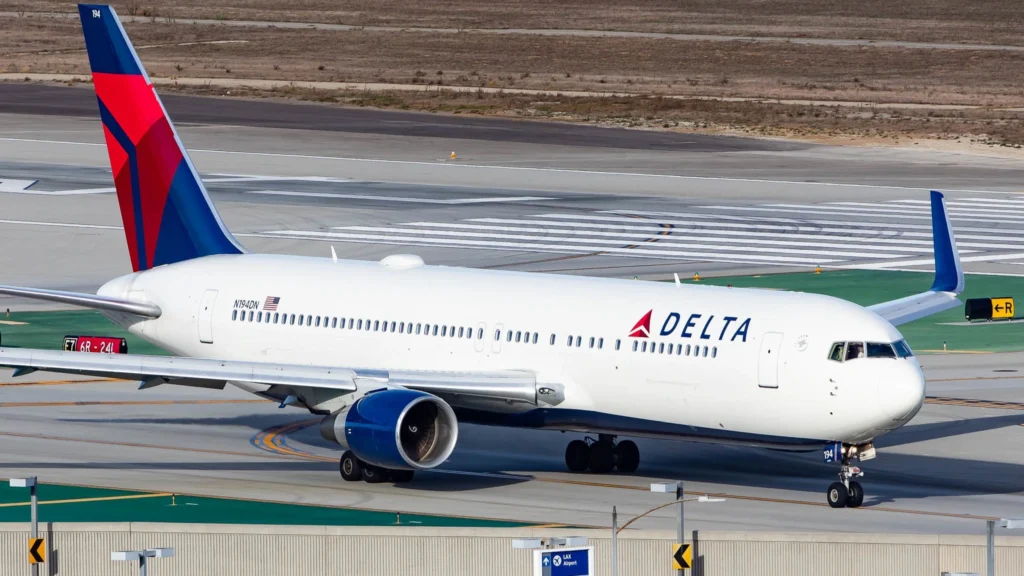 Photo: Clément Alloing
Photo: Clément AlloingDelta Walks Away from Boeing 787
Delta Air Lines was on track to operate the Boeing 787-8 after acquiring Northwest Airlines’ 2005 order for 18 aircraft. Though initially deferred, the order was officially canceled in 2016.
Delta emphasized that the decision aligned with its fleet strategy to optimize aircraft efficiency and cost-effectiveness.
At the time, Delta had already shown a preference for the Airbus A350-900, a more efficient and longer-range aircraft.
The airline formally selected the A350 over the Boeing 787-9 in 2014, citing performance and cost benefits. This marked a major shift in Delta’s procurement strategy, traditionally reliant on Boeing aircraft, Simple Flying Reported.
Airbus Takes the Lead in Delta’s Widebody Fleet
Delta’s current widebody lineup includes the Airbus A330 and the Airbus A350-900 (A359), with 20 A350-1000s now on order.
These aircraft will enable Delta to expand or resume ultra-long-haul services, including flights to destinations like India.
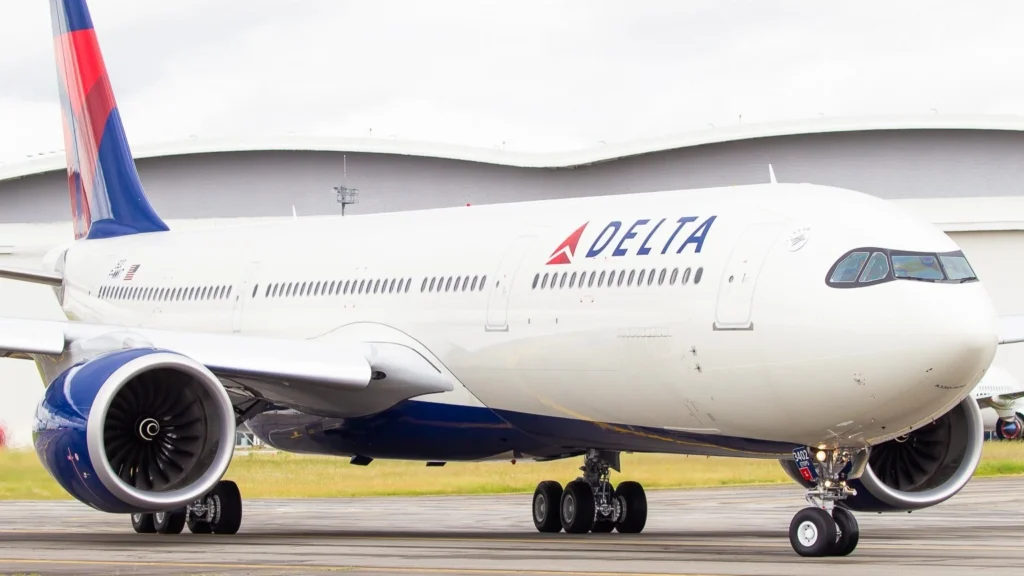 Photo: Clément Alloing
Photo: Clément AlloingDelta’s Big Aircraft Breakdown:
| Airbus A330 | -200, -300, -900 | 67 | 10.9 yrs |
| Airbus A350 | -900, -1000 (on order) | 32 (+20 on order) | 5.1 yrs |
| Boeing 767 | -300, -400 | 60 | 26.8 yrs |
| Boeing 757 (Single-aisle) | -200, -300 | 113 | 26.9 yrs |
Delta has also phased out its Boeing 747 and 777 fleets and has no plans to introduce the 787 in the foreseeable future, until recently: Delta Air Lines May Place New Order for Boeing 787
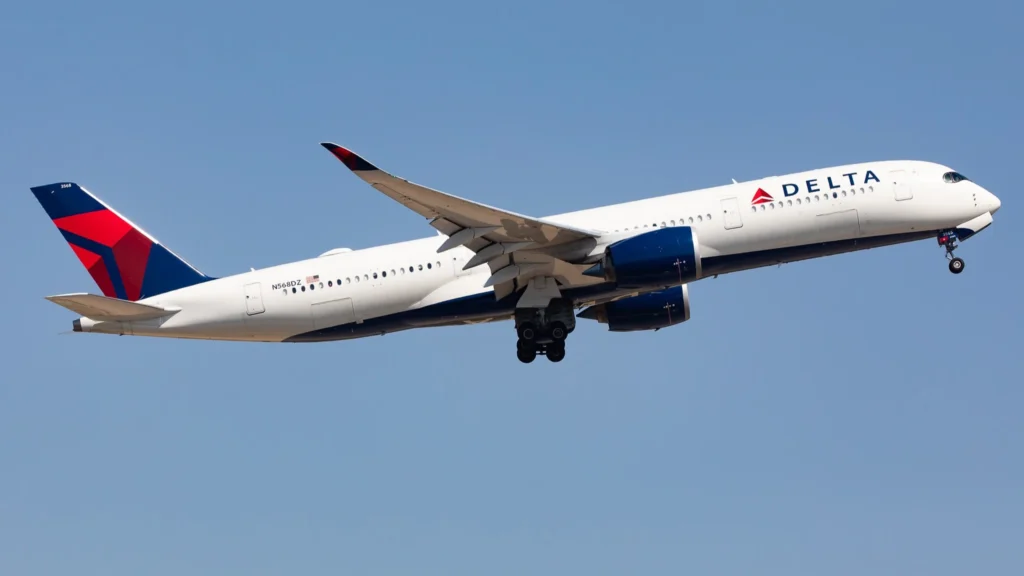 Photo: Clément Alloing
Photo: Clément AlloingWhy the Airbus A350 Was the Better Fit
The Airbus A350 family, especially the A350-1000, offers significant range (8,700 nautical miles), lower fuel burn, and high capacity—fitting Delta’s global ambitions. The A350-1000 carries up to 410 passengers in a standard three-class layout and boasts 25% improved fuel efficiency over older twin-aisle aircraft.
Airbus’ use of advanced materials like carbon-fiber reinforced plastic and cutting-edge aerodynamics played a key role in Delta’s decision. The Boeing 787-8, by contrast, did not meet Delta’s size and range requirements, especially when replacing aircraft like the 767-300ER on transatlantic routes.
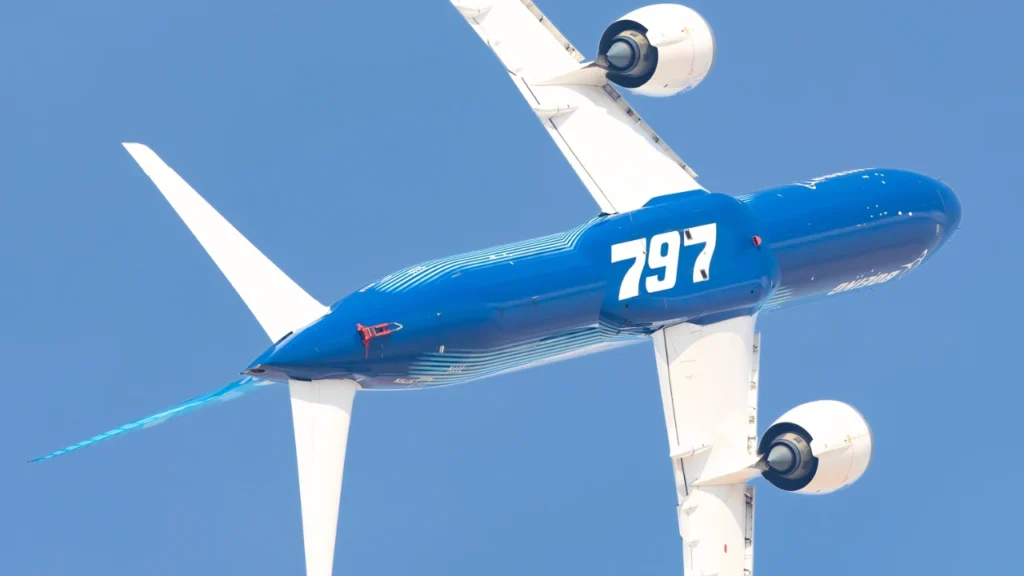 Photo: Edited by Aviation A2Z, Original by Clément Alloing
Photo: Edited by Aviation A2Z, Original by Clément AlloingDelta Waited for the Unbuilt 797
Despite its pivot to Airbus for widebodies, Delta continues operating 60 Boeing 767s. These aging aircraft are critical for medium and long-haul routes to Europe and South America.
Delta had hoped Boeing would launch the 797—a replacement for the 767, which never materialized.
This leaves Delta with limited options for a small widebody: the Airbus A330-800neo or the Boeing 787-8. With no replacement yet ordered, Delta may soon be forced to act, especially as the 767s near retirement.
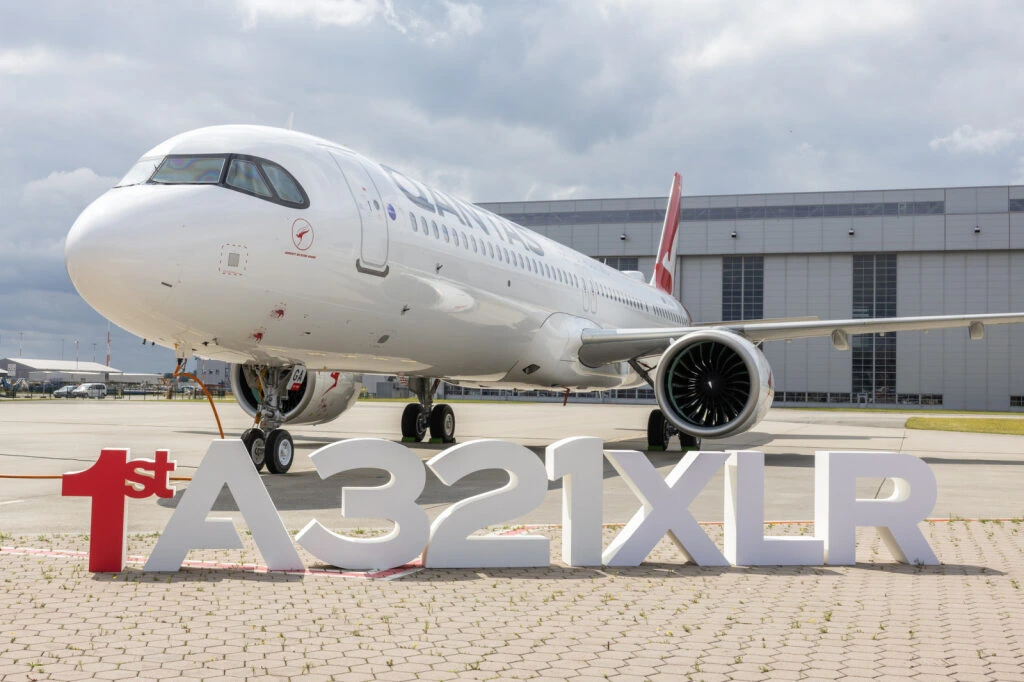 Photo: Qantas
Photo: QantasWill Delta Order the A321XLR or a Small Widebody?
Delta has yet to order any Airbus A321LR or A321XLR aircraft, despite their potential to replace aging 757s and support thinner long-haul routes.
With its 767-300ERs nearing the end of their lifecycle, an order for either small widebodies or long-range narrowbodies is likely in the near future.
Delta’s long-term strategy appears to favor Airbus, but whether this loyalty will extend to the small widebody segment remains to be seen.
Stay tuned with us. Further, follow us on social media for the latest updates.
Join us on Telegram Group for the Latest Aviation Updates. Subsequently, follow us on Google News
Delta New A350-1000 Suites to Redefine US Business Class
The post Delta Don’t Fly Boeing 787 Because of Unbuilt 797, Why? appeared first on Aviation A2Z.










